Mary MacKillop’s Birthday (15 January)
January 15, 2021Beginnings are important. They often act as a prologue, as it were, to the meaning of what follows.
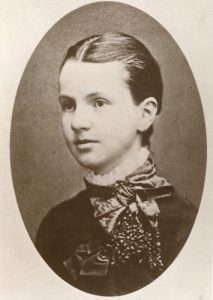
Over past weeks we have pondered the meaning of Jesus’ life as described in the infancy narratives of Matthew and Luke. Right from the beginning, we are told, the birth of Jesus would demonstrate the Good News he would be for the poor; his coming would bring light to the nations and show the world the true path to peace. In the midst of suffering and hardship, the message that God is present with us enables us to find hope, no matter how dense the darkness.
So what of the birth of Mary MacKillop? This child who would prove to be pioneer in so many aspects of Australian religious and social history was born of migrant parents in the pioneer settlement of Melbourne on 15 January 1842. Her father, Alexander, had arrived from Scotland barely four years before, and had married another migrant, Flora McDonald, on 14 July 1840. At first, the family’s prospects looked good, but through a series of unfortunate happenings, Alexander soon lost his favourable social and financial standing, ‘due to a combination of his character, his lack of business sense and the fact that there were a lot of smarter people around.’[1] Nevertheless, Alexander was an intelligent, educated man, passionate for the rights of all, no matter what their background. It can be attributed to his foundational influence that his daughter, Mary, would later be instrumental in assuring in Australia and beyond the right of every child to an education. Her belief in a classless society would bring her grief, as it did her father, yet since it was based on an understanding of the God-given dignity of every human being, it was integrated into her whole way of life, her growth into sanctity.
New Year 2021
January 4, 2021Greetings as we begin a new year – a year which lies before us with opportunities for creating a new way of living in our world.
As Rainer Maria Wilke in his poem on New Year reminds us: “And now we welcome the new year, full of things that have never been.” [1]
As we close the door on 2020 and open the new door to the possibilities that 2021 hold for us, we look back and ask ourselves what wisdom do I carry with me into this new year? What memories do I hold of times when I drew upon my courage and resilience to make sense of the challenges with which 2020 presented us? Let us give thanks as we enter this new year, we do so with the promise of a vaccine to immune populations against the spread of COVID-19.
This New Year also marks the 54th World Day of Peace. This year Pope Francis has chosen the theme ‘A Culture of Care as a Path to Peace.’
From Darkness to Light
January 3, 2021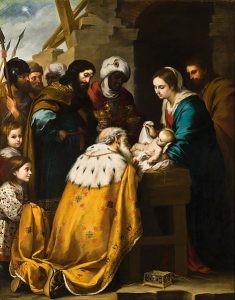 A reflection on the Feast of the Epiphany (3 January).
A reflection on the Feast of the Epiphany (3 January).
The moment of the big bang, or more poetically, great flaring forth, is for scientists a moment to explore, rationalise and quantify. For those who believe in a God it is a moment of epiphany, a theophany and the moment when God released life and love into the universe.
Since that moment there have been many epiphanies, many manifestations of the power of the sacred in space and time on a universal, global, and personal level. Some epiphanies we have recognised, some we have failed to know. We are finally coming to know, however, that all of creation is an epiphany of the goodness of God.
Since Christianity came into being as a religion it has chosen certain moments of epiphany to ritualise and celebrate. Easter, Christmas and Pentecost are always new, always revealing an ongoing love derived from that first outpouring.
The Arrival of the Sisters of Saint Joseph in Queensland
December 31, 2020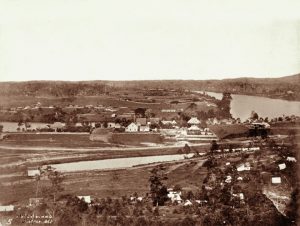
Molly Molloy stood among the customers in Toppin’s Bakery in South Brisbane waiting to purchase two loaves of bread.
She listened to the conversation of those who were also waiting to be served. Someone asked when the new teachers for St Mary’s School would arrive. Mrs Cunningham shared that Father Cani said on Sunday last that the Sisters of Saint Joseph were on their way from Sydney. The conversation continued noting that Bishop Quinn had invited these nuns to teach in St Mary School and that they would stay with the Sisters of Mercy across the river until they rented a house in South Brisbane. Customers received their purchases and left the shop. Fourteen-year-old Molly Molloy wondered what the new nuns would be like. Some said that they were coming from the colony of South Australia and were Colonials, not from Ireland like the Sisters of Mercy.
Stars Can’t Shine Without Darkness
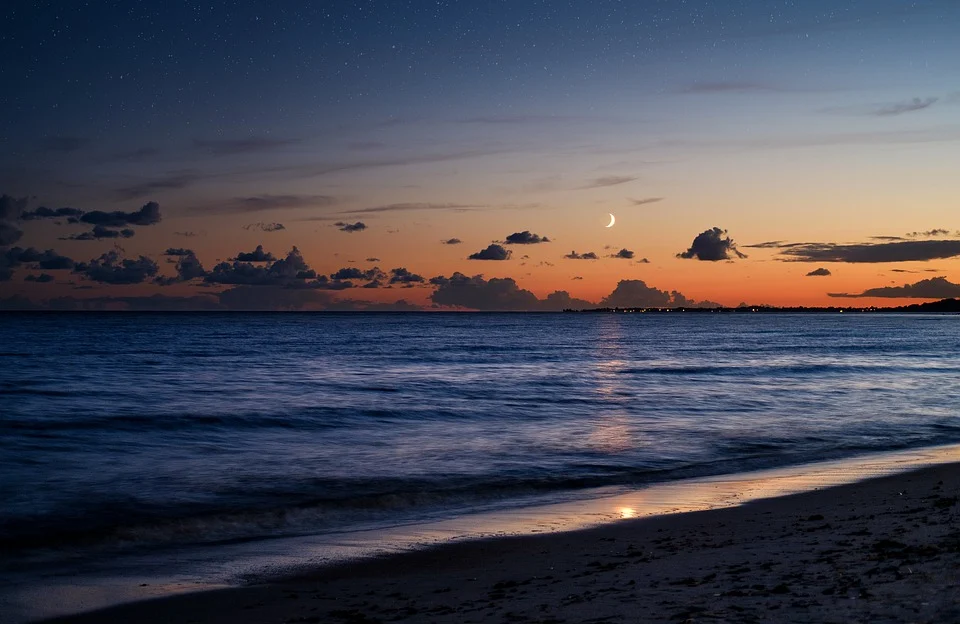
A Message for New Year’s Day 2021
On this New Year’s Day many will breathe a sigh of relief that 2020 is over! We’ve heard often that 2020 has been “a year like no other”, the word of choice being “unprecedented”.
It’s been a tough year, but has it really been a year ‘like no other’? In the 14th Century 25 million people died in Europe from the bubonic plague at a time when medical services, sanitation, hygiene and nutrition were virtually unknown. 20 million people died in the four years of World War 1 at a time when antibiotics did not exist! In WW2 some 70-85 million died. 36 Million people have died since 1981 from AIDS/HIV, many from the poorest parts of our world.
Christmas Message
December 25, 2020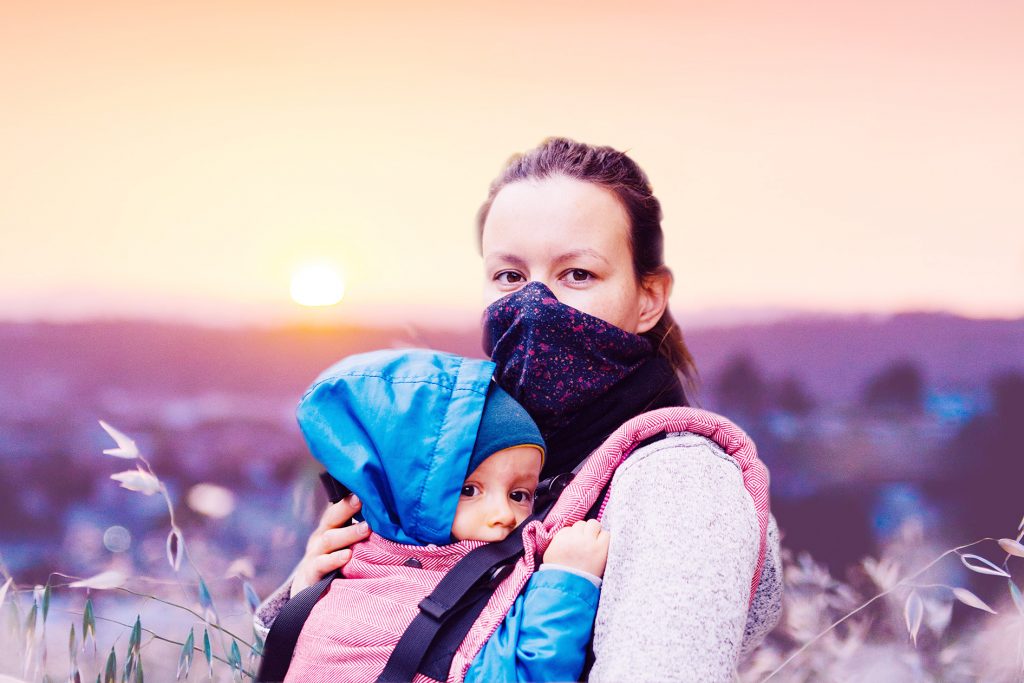
A Christmas message from Congregational Leader Sr Monica Cavanagh.
These reassuring words from the Gospel of John ring out words of hope for a world preparing to celebrate Christmas in a different context. For many the possibility of gathering with family and friends will be difficult. Others, like Mary and Joseph, will be anxious, finding no room in the inn or a bed in a hospital as they struggle with COVID-19. Many like the shepherds will be afraid of what the future holds for them because COVID has left them without the financial and emotional support they need to live life to the full. Through the virtue of hope, we know that the light will shine in the darkness through the generous gift of love extended to our vulnerable brothers and sisters.
The deepest desire for our world as we come to celebrate the feast of Christmas in this COVID-19 year is that peace, hope and joy will find a place in each one’s life. For Christians believe that “in the tender compassion of our God the dawn from on high shall break upon us, to shine on those who dwell in darkness … and guide our feet in the way of peace”. (Luke 1:78-79) The Christmas event calls us to believe in the potential goodness of every human being. It impels us to be the Christ-Light in our world through our acts of compassion, courage and advocacy.
May this Christmas gift you abundantly with joy and companionship, just as Mary and Joseph were gifted with the visit of the shepherds and the Magi. Let us be encouraged by the words of Mary MacKillop:
In this tenth year since the canonisation of Saint Mary MacKillop, the Congregational Leadership Team offers you these words of encouragement at Christmas:
Take fresh courage
As Mary and Joseph did stepping into the unknown
As the shepherds did when the angels appeared
As the Magi did in following the star.
As Saint Mary MacKillop did when faced with adversity.
May you be blessed with this same courage and know the peace and joy Christ brings this Christmas and always.
Sr Monica Cavanagh
Congregational Leader
Death of Alexander MacKillop 1868
December 19, 2020Alexander MacKillop – a True Highlander.
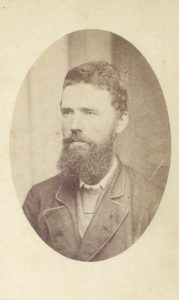 Early this year, I stood at the graveside of Alexander MacKillop. Fresh native flowers were displayed, honouring the father of Mary MacKillop, and our group listened to the story of Alexander’s time in Hamilton. I realised that Alexander was being acknowledged for his life’s effort and his contribution to faith development in his adopted country, fathering a daughter who was to be declared Australia’s first saint. There was no sense he was a failure or unsuccessful as some may have thought. Alexander’s classic education in both Rome and Scotland enabled him to educate his children in a time and place where few children had the opportunity for schooling. Indeed, all Alexander’s children were highly literate, active and above all, each truly practised a living active faith based on Scottish Catholic tradition and heritage. Three of his children entered religious congregations.
Early this year, I stood at the graveside of Alexander MacKillop. Fresh native flowers were displayed, honouring the father of Mary MacKillop, and our group listened to the story of Alexander’s time in Hamilton. I realised that Alexander was being acknowledged for his life’s effort and his contribution to faith development in his adopted country, fathering a daughter who was to be declared Australia’s first saint. There was no sense he was a failure or unsuccessful as some may have thought. Alexander’s classic education in both Rome and Scotland enabled him to educate his children in a time and place where few children had the opportunity for schooling. Indeed, all Alexander’s children were highly literate, active and above all, each truly practised a living active faith based on Scottish Catholic tradition and heritage. Three of his children entered religious congregations.
Peter MacKillop arranged for his brother Alexander, after an amicable separation from Flora, to move to Peter’s property in the Hamilton area. Flora loved Alexander but eventually could not live with him. The MacKillops and Camerons who emigrated from Scotland drove sheep from New South Wales to the Western District of Victoria, or “Australia Felix” as it was called. Rolling hills reminded them of Scotland and the settlers named many local areas, such as Dunkeld, after familiar Scottish places as the scenery reminded them of their heritage.
It was a time of peace for Alexander, amid such beautiful new yet familiar scenery, with time for reflection and prayer. From Plains Station Dunkeld, he wrote to Donald who had let his father know he wished to join the Jesuits. When staying in Hamilton itself Donald had accommodation in the hotel, and we have letters written by Flora from the Colonial Bank in Hamilton where she stayed from time to time.
As we enter Advent and look forward to celebrating Christ’s birth, we remember Alexander’s death in Hamilton on 19 December 1868. For Flora, December was not so joyous, as not only was it the month of her husband’s death, but also of three of her children: Maggie on the thirteenth, John in New Zealand on the sixteenth, and Lexie on the thirtieth – a time of anniversaries and pain!
Alexander’s daughter, Mary, often wrote to her Sisters as Christmas neared. This year the following is especially poignant:
What lessons have we learnt?
Judith Geddes rsj
Research: Sr Judith Geddes rsj
Ref: A Faith-Filled Family
Friend and Wise Counsel
December 18, 2020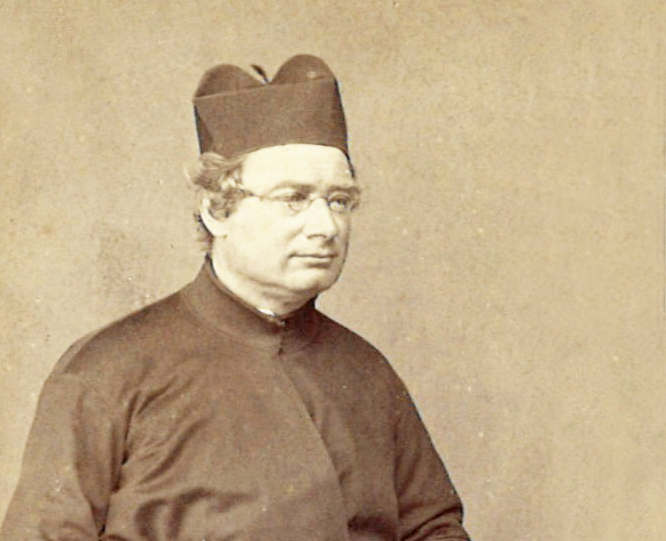
Father Joseph Tappeiner sj
Joseph Tappeiner, Jesuit priest, was born in Austria on 18 December 1820 and died in South Australia on 10 February 1882. St Mary MacKillop writing to the Sisters about this man who was such a wonderful support during the period of excommunication said:
Father Joseph Tappeiner sj arrived in South Australia in 1852. He was appointed Director of the Sisters of St Joseph in August 1871 replacing Father Julian Tenison Woods who left Adelaide on 1 August 1871. Tappeiner ministered in Sevenhill[1] till 1870 and then became Parish Priest of the newly established mission of Norwood, Adelaide. He died on 10 February 1882.
Tappeiner was widely known and respected. The panegyric delivered by Father Frederick Byrne VG stated:
In our dear departed Father the Church has lost a devoted minister, the Society of Jesus has lost a learned member, the diocese has lost a zealous priest, the clergy have lost a wise counselor and sincere friend, the religious have lost a loving father and the world has lost its greatest treasure – a just man.[2]
Tappeiner was born in Glurns, a village in the Austrian Tyrol on 18 December 1820. He entered the Jesuits in 1841 and was ordained on 25 June 1848. He was well educated, was “well versed in ancient and modern languages especially in Latin, Greek and Hebrew, besides possessing a profound knowledge of theology and philosophy.”[3]
The 1870s were difficult times for the Church in South Australia as well as for the Sisters of St Joseph of the Sacred Heart. The Adelaide Diocese was led by Bishop Laurence Sheil osf (1866-1872).[4] Dr Christopher Reynolds replaced Sheil, first as Vicar General and then as Bishop.[5] Tappeiner was a stabilising influence throughout the period.
Woods composed a Rule of Life for the Sisters of St Joseph of the Sacred Heart in May 1867 and Sheil formally approved it in December 1868. Woods and Mary MacKillop met with Sheil on 17 December of that year to discuss the Rule. The Bishop made a few changes and then gave his approval of the Rule in writing. Central Government of the Congregation was approved in the Rule.[6]…
Please continue reading below:
Father Joseph Tappeiner sj (PDF)
Pauline Wicks rsj
Footnotes:
[1] Sevenhill is located 128 km north of Adelaide; Norwood is a city parish. The Congregation was founded in Penola on 19 March 1866. Penola is located 383 km southeast of Adelaide.
[2] Observer, 18 February 1882.
[3] Observer, 18 February 1882.
[4] Marie Foale, The Josephite Story (Sydney: St Joseph’s Generalate, 1989), 21. Sheil “spent less than half of his five and a half year episcopate in residence in South Australia.”
[5] Reynolds became Archbishop in 1887. He died in 1893.
[6] Paul Gardiner, The Life of Saint Mary of the Cross, MacKillop 1842-1909, the Official Biography written by the Postulator of the Cause for her Canonisation, Vols. 1 and 11, (Carlton, Victoria: The Miegunyah Press, An imprint of Melbourne University Publishing Limited, 2015,) 151. Referred to henceforth as Positio.
